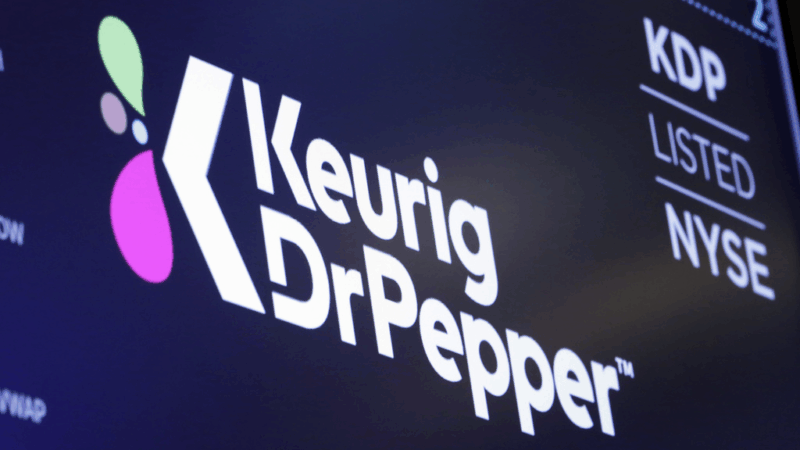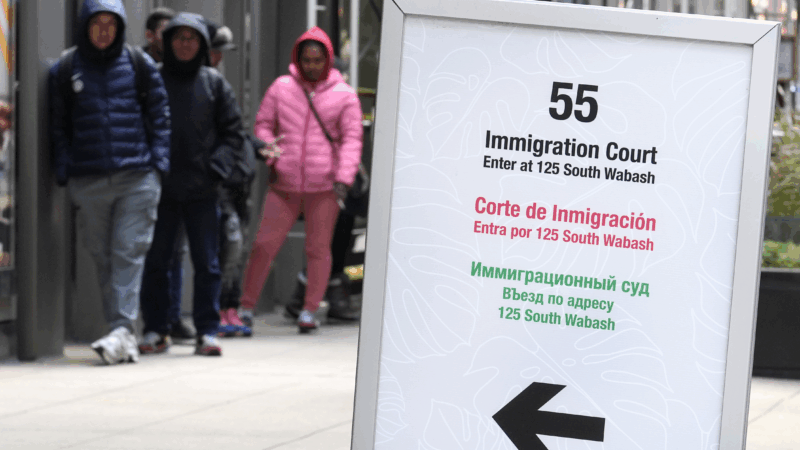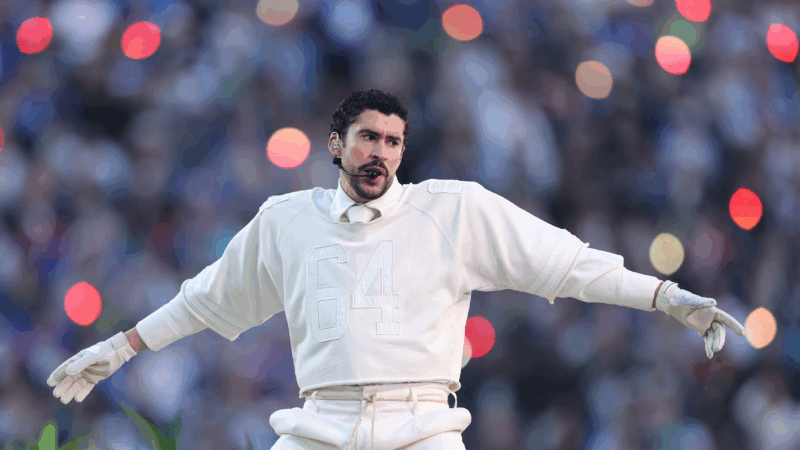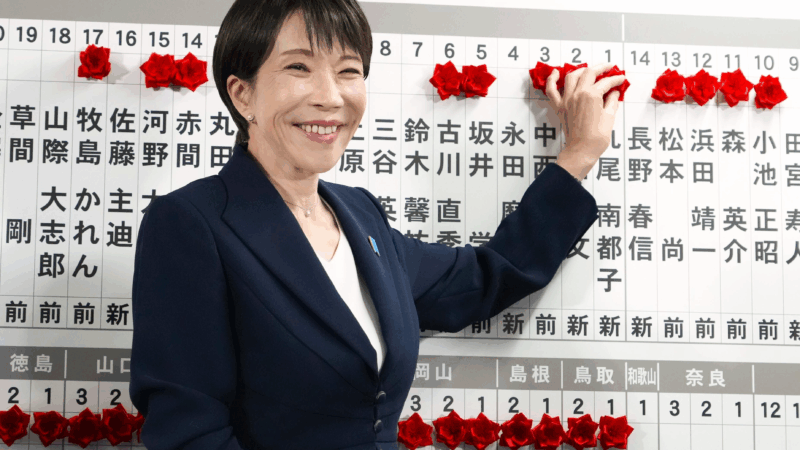Dr Pepper will unwind its merger with Keurig after buying Peet’s for $18 billion
NEW YORK — Less than a decade after their merger, Keurig and Dr Pepper plan to become separate companies again.
Keurig Dr Pepper said Monday it is buying the owner of Peet’s Coffee in an $18 billion (15.7 billion euro) . Then it will break itself in two, with one company selling coffee and the other selling cold beverages like Snapple, Dr Pepper, 7UP and energy drinks.
The agreement unwinds the 2018 merger of Keurig and Dr. Pepper. Shares of Keurig Dr Pepper fell 7% in early trading Monday.
Keurig Dr Pepper CEO Timothy Cofer said the separate coffee and beverage businesses would be more nimble and better able to focus on growth opportunities in their own markets.
“Following the separation, each stand-alone entity will lead its industry with a sharp strategic focus and with operating models that are finely calibrated to their unique categories and markets,” Cofer said Monday during a conference call with investors.
The combination with Peet’s parent JDE Peet’s, which is based in Amsterdam, significantly expands Keurig’s presence beyond North America, where it’s known for its single-serve coffee machines. JDE Peet’s owns the brands L’OR, Jacobs, Douwe Egberts, Kenco, Pilao, OldTown, Super and Moccona.
Cofer said the combined coffee business will generate $16 billion in annual net sales. The combined buying power will help the companies compete with other large coffee players like Nestle and Starbucks and take advantage of growing global coffee sales.
“We like, and I like, the coffee category. Why? It’s huge. It’s ubiquitous,” Cofer said. “Obviously, we’ve up to this point focused on North America. But the global data shows coffee is consistently growing on a volume basis above population.”
The merger could also help the company cushion the impact of U.S. tariffs. President Donald Trump imposed a 50% tariff this summer on most imports from Brazil — the world’s leading coffee producer — for an investigation of its former president, Jair Bolsonaro, a Trump ally.
Meanwhile, sales of Dr Pepper’s traditional soft drinks have been slowing as health-conscious consumers look for new alternatives. The newly formed beverage company, with $11 billion in annual sales in the U.S. and Mexico, can continue to pivot to its faster-growing beverages, like the energy drinks Ghost and Bloom.
The companies said they expect to save around $400 million over three years because of the merger, which is expected to close in the first half of 2026.
Once the two companies are separated, Cofer will become CEO of the cold beverage business, which will be based in Frisco, Texas. Keurig Dr Pepper’s chief financial officer, Sudhanshu Priyadarshi, will lead the coffee business, which will be located in Burlington, Mass. Its international headquarters will be in Amsterdam.
The deal is the latest big maneuver in the food and beverage industry, which has been trying to keep up with changing consumer tastes.
In 2023, Kellogg Co. split into two companies. Mars bought Kellanova, the owner of snack brands like Pringles, last year. Italian confectioner Ferrero announced in July that it planned to buy WK Kellogg, the cereal company.
Nancy Guthrie search enters its second week as a purported deadline looms
"This is very valuable to us, and we will pay," Savannah Guthrie said in a new video message, seeking to communicate with people who say they're holding her mother.
Immigration courts fast-track hearings for Somali asylum claims
Their lawyers fear the notices are merely the first step toward the removal without due process of Somali asylum applicants in the country.
Ilia Malinin’s Olympic backflip made history. But he’s not the first to do it
U.S. figure skating phenom Ilia Malinin did a backflip in his Olympic debut, and another the next day. The controversial move was banned from competition for decades until 2024.
‘Dizzy’ author recounts a decade of being marooned by chronic illness
Rachel Weaver worked for the Forest Service in Alaska where she scaled towering trees to study nature. But in 2006, she woke up and felt like she was being spun in a hurricane. Her memoir is Dizzy.
Bad Bunny makes Puerto Rico the home team in a vivid Super Bowl halftime show
The star filled his set with hits and familiar images from home, but also expanded his lens to make an argument about the place of Puerto Rico within a larger American context.
Japan’s Takaichi to pursue conservative agenda after election landslide
Japan's first female Prime Minister, Sanae Takaichi, brought the ruling Liberal Democratic Party its biggest-ever electoral victory, fueling her ambitions to pursue to a political agenda which she says could "split public opinion."







